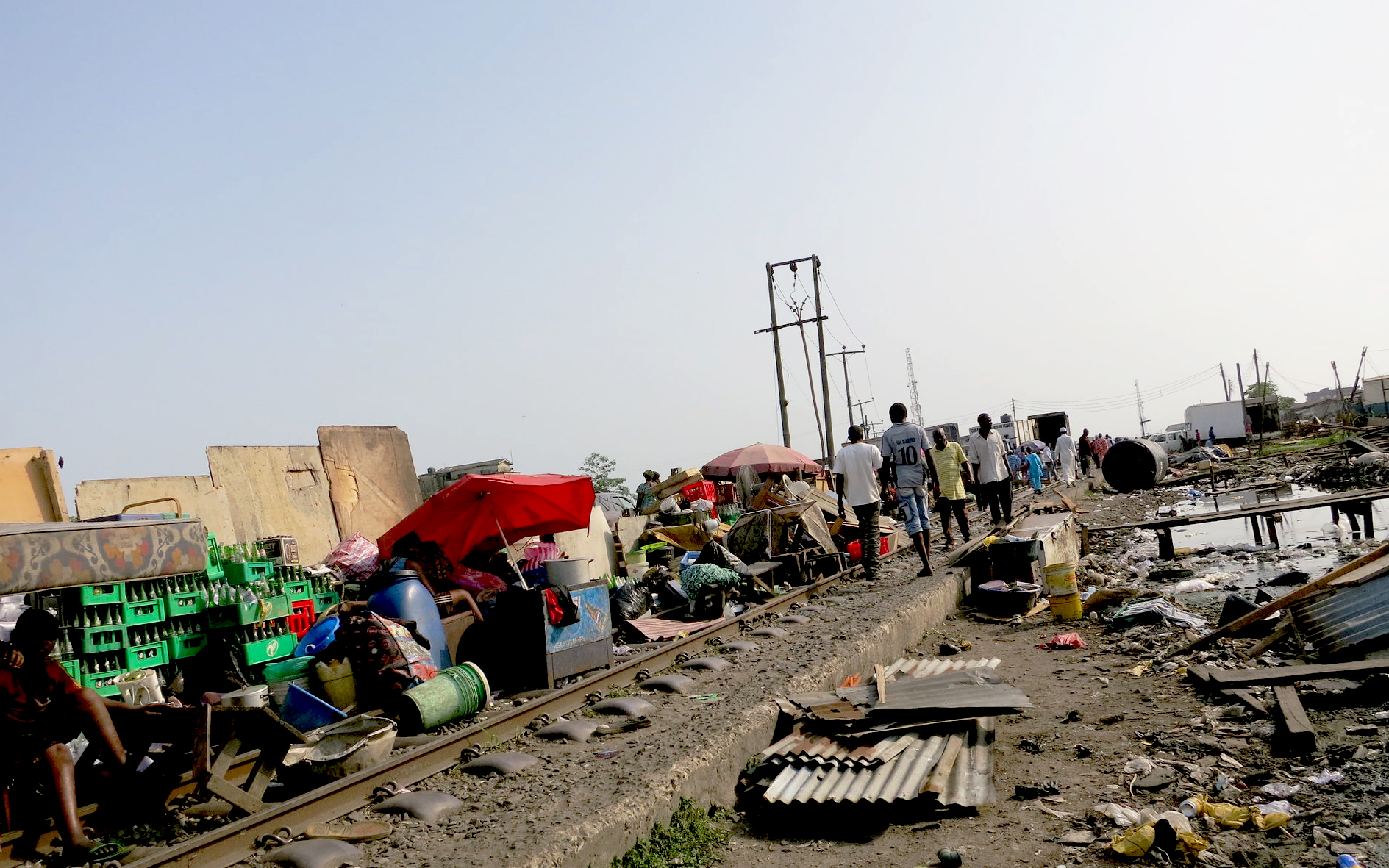Department alum and emerging market strategist, Sebastian Petric explains how China’s policy experimentation in Special Economic Zones (SEZ) has helped the country transition to a modern market economy.

Policy experimentation is one means that helps to facilitate institutional innovation as the avoidance of entering unknown territory has substantial value-added for reformists. The trajectory of China shows that transformational change can be induced via policy experimentation. These measures led to large-scale economic expansion by supporting new types of economic activities.
China’s Economic Transition
China is a transition economy and thus the ultimate question is how to facilitate the shift from plan to market, which started at the end of the 1970s. This transformation of the economy is not yet complete due to China’s incremental approach towards transition. Indeed, the process has to be understood as large-scale institutional change. The question is how to facilitate the transformation in the presence of severe opposition to reforms. This should not be simply done via imports of foreign blueprints, which ignore local idiosyncrasies.
One of the strengths of the Chinese political economy is its ability to find solutions which help the country to forego some of the crises other transition economies experienced. Douglass North notes that China’s unique approach enables the country to overcome some of the most difficult impediments in a country’s shift from plan to market. This happens even though the Communist Party has ruled the country since the establishment of the PRC in 1949. However, policy experimentation should not be confused with simple trial and error. It is a purposeful and coordinated activity, which is usually related to demonstration projects which are not strictly controlled by Chinese policymakers but allow for a certain leeway to explore novel paths to contemporaneous challenges.
In contrast to the conventional model in which the incorporation of certain policies into law would happen ex ante, in China the innovation is first tried out before any further steps are made, which significantly facilitated institutional innovation in the country. China’s gradual transition process allowed for sufficient time to experiment with certain practices and institutions.
Special Economic Zones
After the death of Mao, China established the first Special Economic Zones (SEZs) in 1979 and 1980, which can be interpreted as signs of the upcoming opening of China. In the decades to follow, every round of liberalisation was preceded by the establishment of SEZs. The first policymakers, who requested such economic zones with certain extended rights, were officials in Guangdong in 1978. The endorsement of SEZs by Deng Xiaoping in 1979 marked the beginning of the Chinese commitment to opening the country.
The involvement of foreign companies in Chinese affairs is generally seen as critically given the experience of the century of humiliation. Therefore, the opening of restricted areas to the outside world served as a powerful tool for the country’s growth strategy without touching upon the critical topic of sovereignty. These zones provided the Chinese credibility in its efforts of opening the country and every time the nation faced resistance to its strategy the Chinese leadership could resort to these economic zones. For instance, Deng Xiaoping’s tour to the Shenzen SEZ in 1992 preceded a wave of liberalisation after the dark years following the Tiananmen interlude.
In addition, the establishment of SEZs feature the crucial characteristics of the first phase of reforms in China, namely dual-track, incremental reforms which led to the creation of a new system besides the existing one. Moreover, these areas were mostly autonomous regions as these served as windows to the outside world. The SEZs were export-processing zones that served the purpose of international trade and investment. These areas can be regarded as laboratories for experimentation with respect to economic reforms.
China: A Socialist Market Economy
With the proclamation of a socialist market economy, China aimed at transforming the system, which triggered a wave of experimentations by local policymakers. In this respect, special zones with preferential conditions for trading with the outside world were particularly favoured by local officials. The increased economic exchange also led officials to support more market-orientated reforms in China. These special zones for trade and investment went far beyond the usual controlled experimentations and became crucial for the economic trajectory of China.
Regarding the development of the stock market since the early 1990s, Walter and Howie note that it had to be ‘squeezed into an economy still based on state planning and the absence of private ownership’. Indeed, policy experimentation played a crucial role in the development of local stock exchanges, which should not be confused with a trial error approach as noted above. While in the above-mentioned cases policy experimentation significantly helped China in its economic trajectory, experimentation did not significantly further the provision of public goods. Nonetheless, China’s approach towards policy experimentation represents a suitable alternative to importing international best practices as it helps to tap local knowledge and mobilises bottom-up initiatives.
Sebastian Petric is an emerging market investor and strategist originally from Austria and an EMBA student at the University of Oxford. He holds a Master’s degree from the London School of Economics and Political Science and is currently an EM FX Strategist with RBI. Sebastian is a committed investment professional with a proven track record in research and asset management.
The views expressed in this post are those of the author and in no way reflect those of the International Development LSE blog or the London School of Economics and Political Science.





